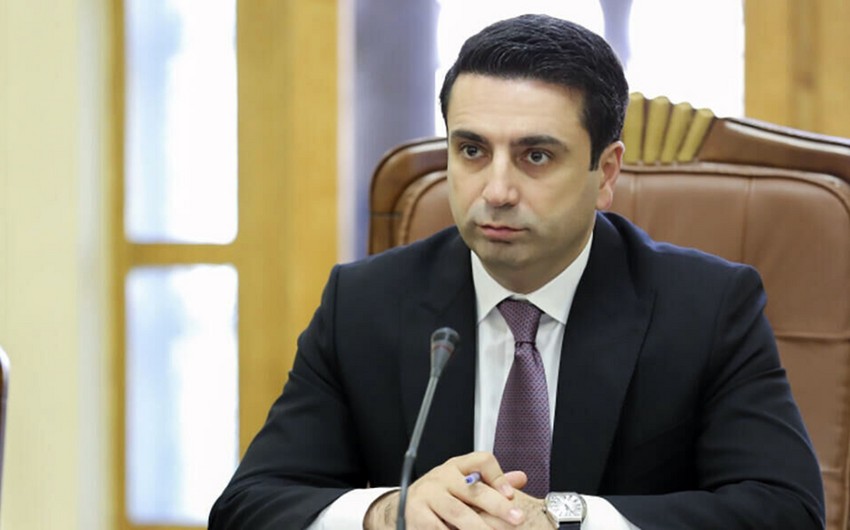Estonia, Latvia, Lithuania, Finland, and Poland have withdrawn from the Ottawa Treaty (also known as the Mine Ban Treaty), exposing civilians to long-term danger.
EDnews reports that Estonia, Latvia, and Lithuania have already submitted official notifications to the UN, while Finland and Poland are expected to submit the relevant documents in the coming days.
Human Rights Watch has called this move unjustified, stating that these weapons indiscriminately harm people and minefields that remain uncleared for years pose a danger to the civilian population.
This decision coincides with a period of increased use of anti-personnel mines by Russia and Ukraine. Russia has not joined the treaty and has been extensively deploying mines in Ukraine since 2022.
Ukraine has also admitted to using mines since 2022, and it was revealed that in 2024 it received mines from the US.
Ukrainian President Volodymyr Zelenskyy has signed a decree for his country to withdraw from the treaty. However, the state of war makes withdrawal temporarily legally impossible.
International reaction to the decision has been harsh. UN Secretary-General António Guterres has assessed this move as a danger that weakens civilian protection. Nobel Prize laureates and many international organizations have emphasized the importance of preserving the treaty.
The Mine Ban Treaty was adopted in Ottawa, Canada, in 1997 and came into force in 1999. This treaty strictly prohibits the use, production, storage, and transfer of anti-personnel mines. Currently, 166 countries have joined the treaty. Among the major powers that have not joined the treaty are Russia, the US, and China.









